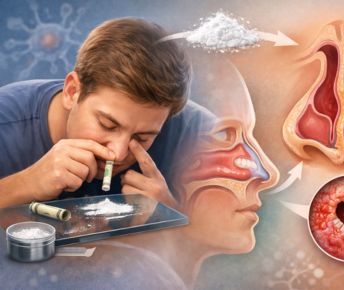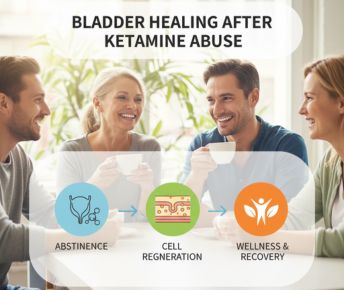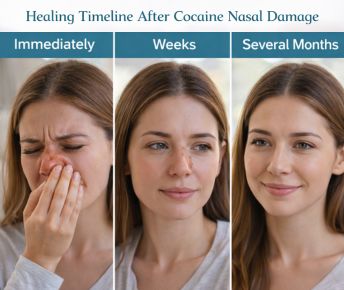ADHD and addiction share abnormalities in the brain's reward system, specifically in dopamine regulation. Individuals with ADHD may have lower baseline dopamine levels, making them more vulnerable to the rewarding effects of drugs. Impairments in executive function, such as impulse control and decision-making, contribute to impulsive behavior, increasing the risk of substance misuse.
Self-Medication Hypothesis:People with ADHD often use substances to self-medicate symptoms of inattention, impulsivity, and hyperactivity. The temporary relief provided by substances can lead to a cycle of dependence, exacerbating the challenges associated with ADHD.
Environmental and Psychosocial Factors:- Peer Influence: Individuals with ADHD may be more receptive to peer pressure, increasing the likelihood of substance experimentation.
- Social Impairments: Challenges in social interactions may lead to feelings of isolation, prompting substance use as a means of connection.
- Symptom Overlap: Overlapping symptoms of ADHD and addiction make precise diagnosis challenging, sometimes resulting in delayed or missed diagnoses.
Effective treatment necessitates a comprehensive assessment that considers both ADHD and addiction. Simultaneous intervention is often essential to address both the underlying neurobiological factors and the behavioral components of addiction. At Samarpan, we employ evidence-based therapeutic methods such as cognitive-behavioral therapy (CBT) and dialectical behavioral therapy (DBT). Medication management, tailored to the individual's needs, plays a crucial role in ADHD treatment.
Love Addiction and ADHD:Love addiction involves compulsive and destructive behaviors in seeking love and validation. The interplay of ADHD and love addiction can result in impulsive relationship decisions and heightened emotional rollercoasters. Treatment involves gaining a comprehensive understanding of both disorders, utilizing therapies like CBT and DBT, and developing coping mechanisms to manage emotional intensity.
Sex Addiction and ADHD:Individuals with ADHD may be prone to impulsive conduct, extending to high-risk sexual activities. Treatment for ADHD often involves behavioral treatments, psychoeducation, and medication, while sex addiction treatment may include psychotherapy, support groups, and addressing underlying psychiatric disorders.
Social Media Addiction and ADHD:ADHD characteristics like impulsivity and hyperactivity may lead individuals to seek continual stimulation on social media. The immediately gratifying nature of social media can reinforce ADHD-related struggles with delayed gratification, resulting in prolonged online engagement. At Samarpan, we emphasize developing coping mechanisms to manage challenges with focus and time management associated with social media use.
Conclusion:
Understanding the complex link between ADHD and addiction is crucial for offering successful treatment. At Samarpan Recovery Centre in Pune, our tailored and integrated treatment techniques address the unique challenges posed by co-occurring ADHD and addiction. By recognizing the neurobiological, self-medication, and environmental components, we strive to provide the highest potential for successful outcomes and a better quality of life for individuals affected by these disorders. If you or someone you know is struggling with ADHD and addiction, reach out to Samarpan for compassionate and effective treatment.
























 Yes, many offer serene environments and solid therapeutic frameworks. However, quality varies, so it’s essential to research accreditation, staff credentials, and therapeutic depth.
Yes, many offer serene environments and solid therapeutic frameworks. However, quality varies, so it’s essential to research accreditation, staff credentials, and therapeutic depth.




